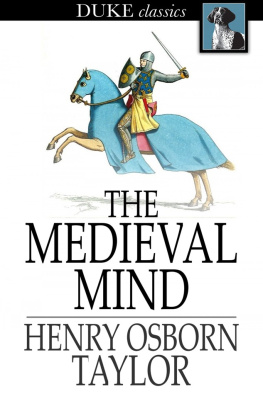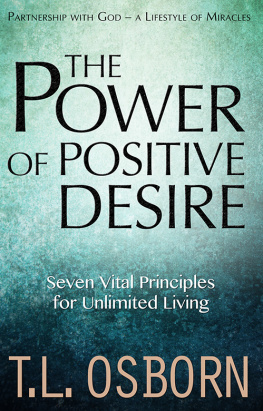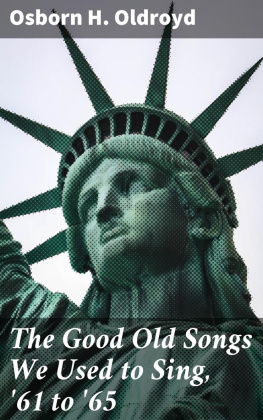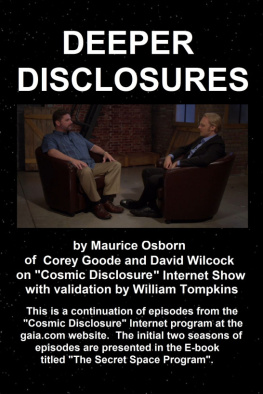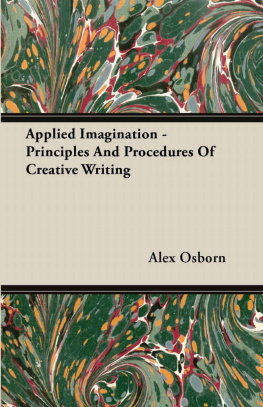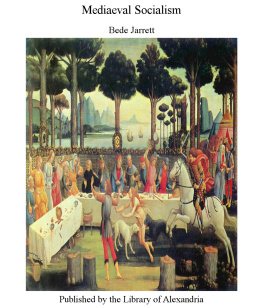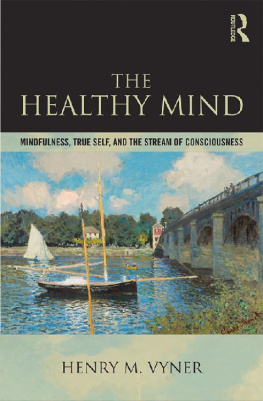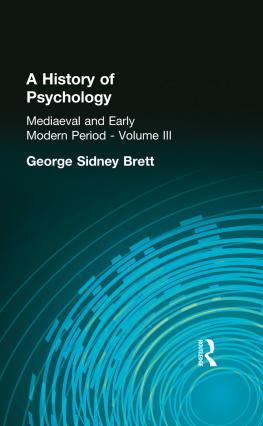Henry Osborn Taylor - The Mediaeval Mind (Volume 1 of 2)
Here you can read online Henry Osborn Taylor - The Mediaeval Mind (Volume 1 of 2) full text of the book (entire story) in english for free. Download pdf and epub, get meaning, cover and reviews about this ebook. year: 2020, publisher: e-artnow, genre: Science. Description of the work, (preface) as well as reviews are available. Best literature library LitArk.com created for fans of good reading and offers a wide selection of genres:
Romance novel
Science fiction
Adventure
Detective
Science
History
Home and family
Prose
Art
Politics
Computer
Non-fiction
Religion
Business
Children
Humor
Choose a favorite category and find really read worthwhile books. Enjoy immersion in the world of imagination, feel the emotions of the characters or learn something new for yourself, make an fascinating discovery.

- Book:The Mediaeval Mind (Volume 1 of 2)
- Author:
- Publisher:e-artnow
- Genre:
- Year:2020
- Rating:3 / 5
- Favourites:Add to favourites
- Your mark:
- 60
- 1
- 2
- 3
- 4
- 5
The Mediaeval Mind (Volume 1 of 2): summary, description and annotation
We offer to read an annotation, description, summary or preface (depends on what the author of the book "The Mediaeval Mind (Volume 1 of 2)" wrote himself). If you haven't found the necessary information about the book — write in the comments, we will try to find it.
The Mediaeval Mind (Volume 1 of 2) — read online for free the complete book (whole text) full work
Below is the text of the book, divided by pages. System saving the place of the last page read, allows you to conveniently read the book "The Mediaeval Mind (Volume 1 of 2)" online for free, without having to search again every time where you left off. Put a bookmark, and you can go to the page where you finished reading at any time.
Font size:
Interval:
Bookmark:

LONDON BOMBAY CALCUTTA
MELBOURNE
THE MACMILLAN COMPANY
NEW YORK BOSTON CHICAGO
ATLANTA SAN FRANCISCO
THE MACMILLAN CO. OF CANADA, Ltd.
TORONTO
OF THOUGHT AND EMOTION
IN THE MIDDLE AGES
HENRY OSBORN TAYLOR
ST. MARTINS STREET, LONDON
1911
J. I. T.
Many translations from mediaeval (chiefly Latin) writings will be found in this work, which seeks to make the Middle Ages speak for themselves. With a very few exceptions, mentioned in the foot-notes, these translations are my own. I have tried to keep them literal, and at all events free from the intrusion of thoughts and suggestions not in the originals.
THE GROUNDWORK | |
| PAGE | |
| Genesis of the Mediaeval Genius | |
| The Latinizing of the West | |
| Greek Philosophy as the Antecedent of the Patristic Apprehension of Fact | |
| Intellectual Interests of the Latin Fathers | |
| Latin Transmitters of Antique and Patristic Thought | |
| The Barbaric Disruption of the Empire | |
| The Celtic Strain in Gaul and Ireland | |
| Teuton Qualities: Anglo-Saxon, German, Norse | |
| The Bringing of Christianity and Antique Knowledge to the Northern Peoples | |
| I. | Irish Activities; Columbanus of Luxeuil. |
| II. | Conversion of the English; the learning of Bede and Alfred. |
Font size:
Interval:
Bookmark:
Similar books «The Mediaeval Mind (Volume 1 of 2)»
Look at similar books to The Mediaeval Mind (Volume 1 of 2). We have selected literature similar in name and meaning in the hope of providing readers with more options to find new, interesting, not yet read works.
Discussion, reviews of the book The Mediaeval Mind (Volume 1 of 2) and just readers' own opinions. Leave your comments, write what you think about the work, its meaning or the main characters. Specify what exactly you liked and what you didn't like, and why you think so.

